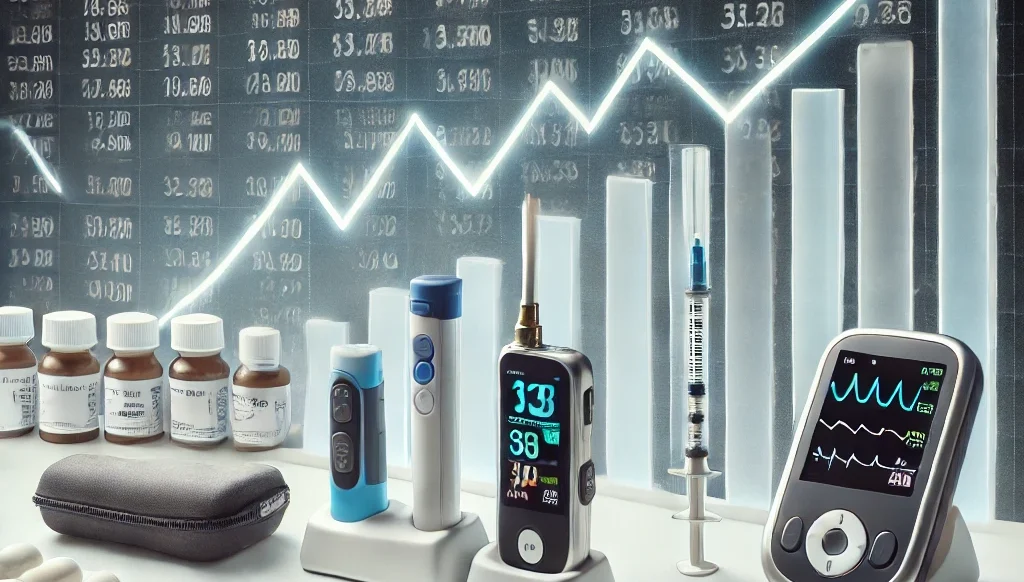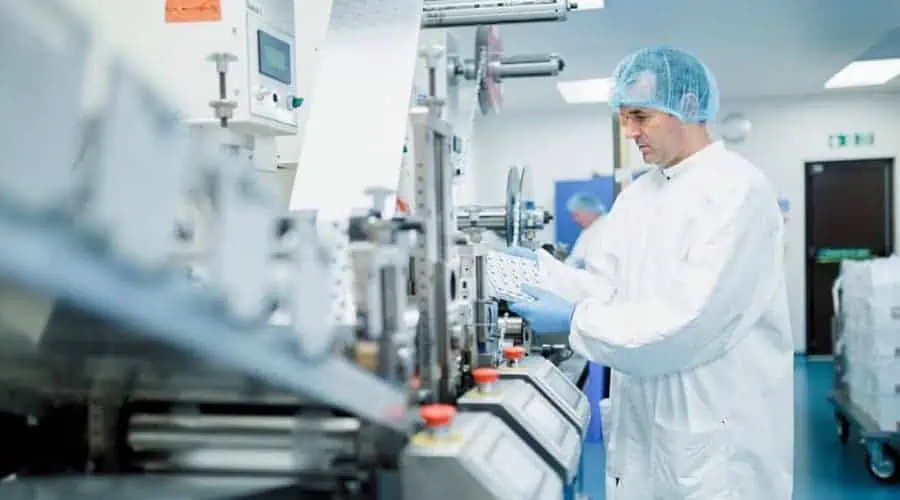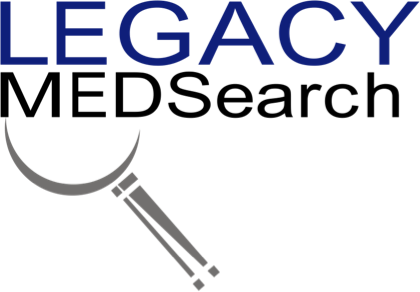Medical device and MedTech insights, news, tips and more
The Ripple Effect: How Recent U.S. Tariffs Will Impact Medical Device Sales and Manufacturing in 2025
February 26, 2025

The medical device industry has long been a globalized ecosystem, with raw materials, components, and finished products crisscrossing international supply chains before reaching healthcare providers. However, the latest wave of U.S. tariffs—targeting imports from key manufacturing hubs like China, Mexico, and Canada—is set to introduce new challenges that will reshape the landscape of medical device sales and manufacturing in 2025.
The Cost of Tariffs: A Supply Chain Disruption
Medical devices rely on a complex network of suppliers, many of which are based in China, Mexico, and Southeast Asia. The newly imposed tariffs on medical device components, semiconductors, and precision manufacturing equipment will lead to:
- Increased production costs for U.S.-based manufacturers relying on imported parts.
- Disruptions in supply chains, as companies scramble to find alternative suppliers or shift manufacturing to tariff-exempt regions.
- Delayed product launches and R&D slowdowns, as companies allocate more budget to regulatory compliance and raw material costs instead of innovation.
For medical device startups and mid-sized companies, these tariffs could tighten margins significantly, making it harder to compete against larger players who have the capital to absorb cost increases.
A Push Toward Domestic Production?
A core objective of these tariffs is to bring more manufacturing back to the U.S., reducing reliance on foreign suppliers. While this might be beneficial in the long term, reshoring production is not a quick fix. The U.S. currently faces:

- A shortage of skilled labor in high-precision medical device manufacturing.
- Higher domestic production costs, making it difficult to match the affordability of overseas production.
- Regulatory hurdles that slow the establishment of new manufacturing facilities.
As a result, many manufacturers may pass increased costs onto healthcare providers, which could trickle down to patients and insurance systems. Others may explore nearshoring options, such as moving operations to Mexico, Costa Rica, or India, where costs remain competitive but supply chains are less affected by U.S. tariffs.
Medical Device Sales: How Will Buyers React?
For sales teams and distributors, higher manufacturing costs and supply chain delays could translate into:
- Higher price points for hospitals and procurement teams, which may limit bulk purchasing and extend buying cycles.
- Increased demand for refurbished and remanufactured devices, as hospitals seek cost-effective solutions amid price hikes.
- Stronger pressure on sales teams to justify higher costs by emphasizing ROI, efficiency, and long-term value rather than just upfront pricing.
Additionally, international markets may become more competitive for U.S. medical device companies, as European and Asian competitors—who are not subject to the same tariffs—can offer more cost-effective alternatives.
Preparing for a Shifting Landscape
While tariffs are designed to protect U.S. manufacturing, the medical device industry is facing a short-term period of cost increases, supply chain challenges, and pricing pressures. Companies that proactively adjust their strategies—whether by diversifying suppliers, exploring nearshoring, or enhancing their value proposition—will be best positioned to navigate the challenges of 2025 and beyond.
The big question remains: Will these tariffs truly bring long-term manufacturing stability, or will they create hurdles that stifle innovation and growth? Only time will tell—but one thing is certain: adaptability will be the key to success.

Legacy MEDSearch has more than 35 years of combined experience recruiting in the medical device industry. We pride ourselves on our professionalism and ability to communicate quickly and honestly with all parties in the hiring process. Our clients include both blue-chip companies and innovative startups within the MedTech space. Over the past 19 years, we have built one of the strongest networks of device professionals ranging from sales, marketing, research & , quality & regulatory, project management, field service, and clinical affairs.
We offer a variety of different solutions for hiring managers depending on the scope and scale of each individual search. We craft a personalized solution for each client and position with a focus on attracting the best possible talent in the shortest possible time frame.
Are you hiring?
Contact us to discuss partnering with Legacy MEDSearch on your position.
